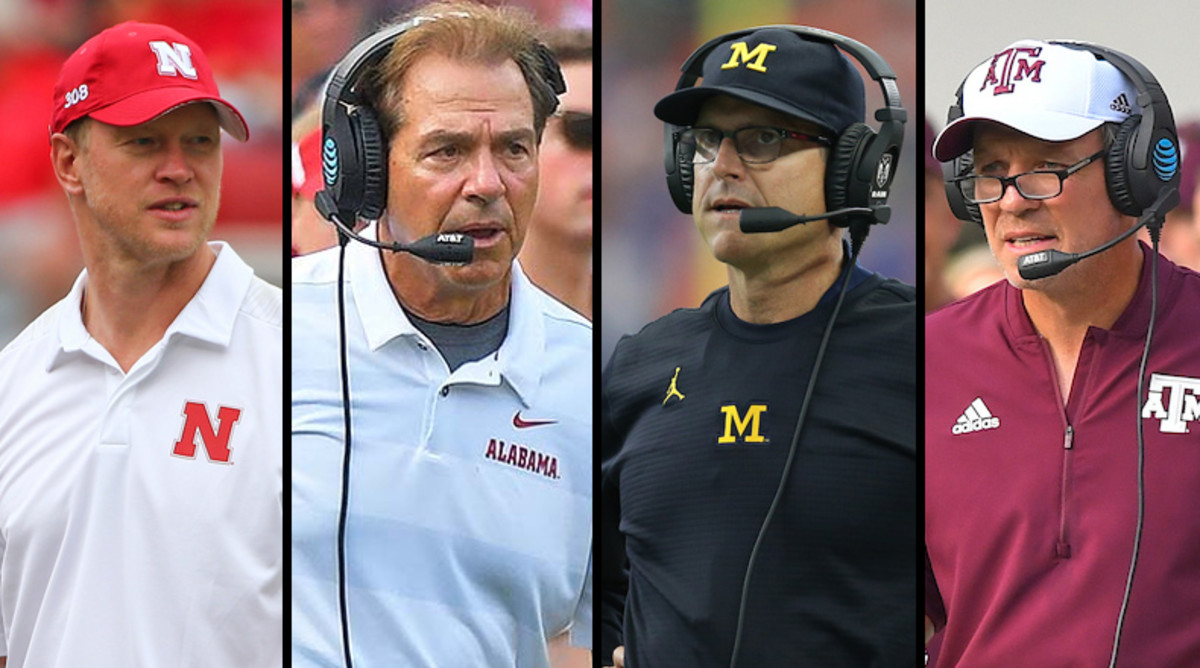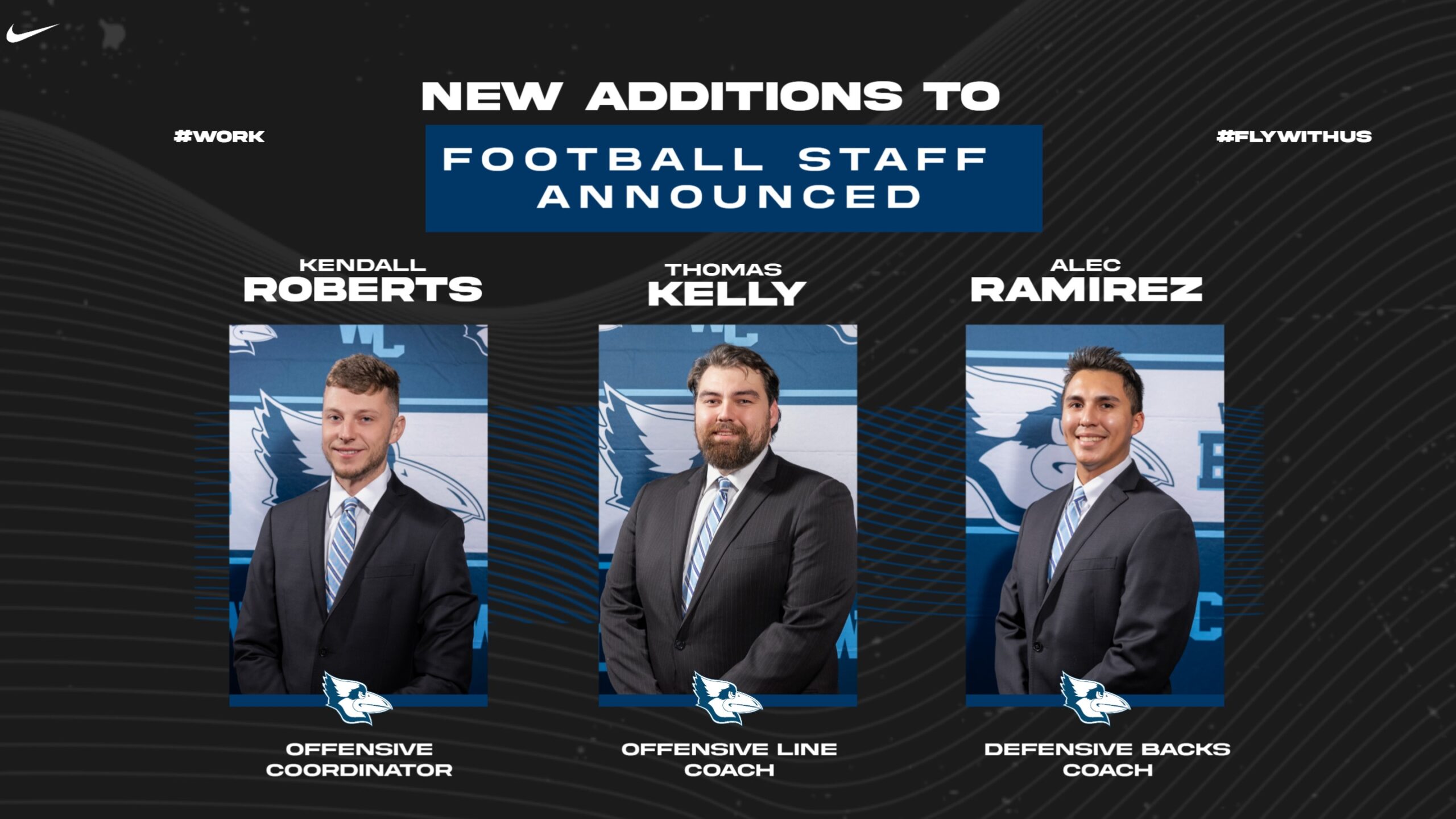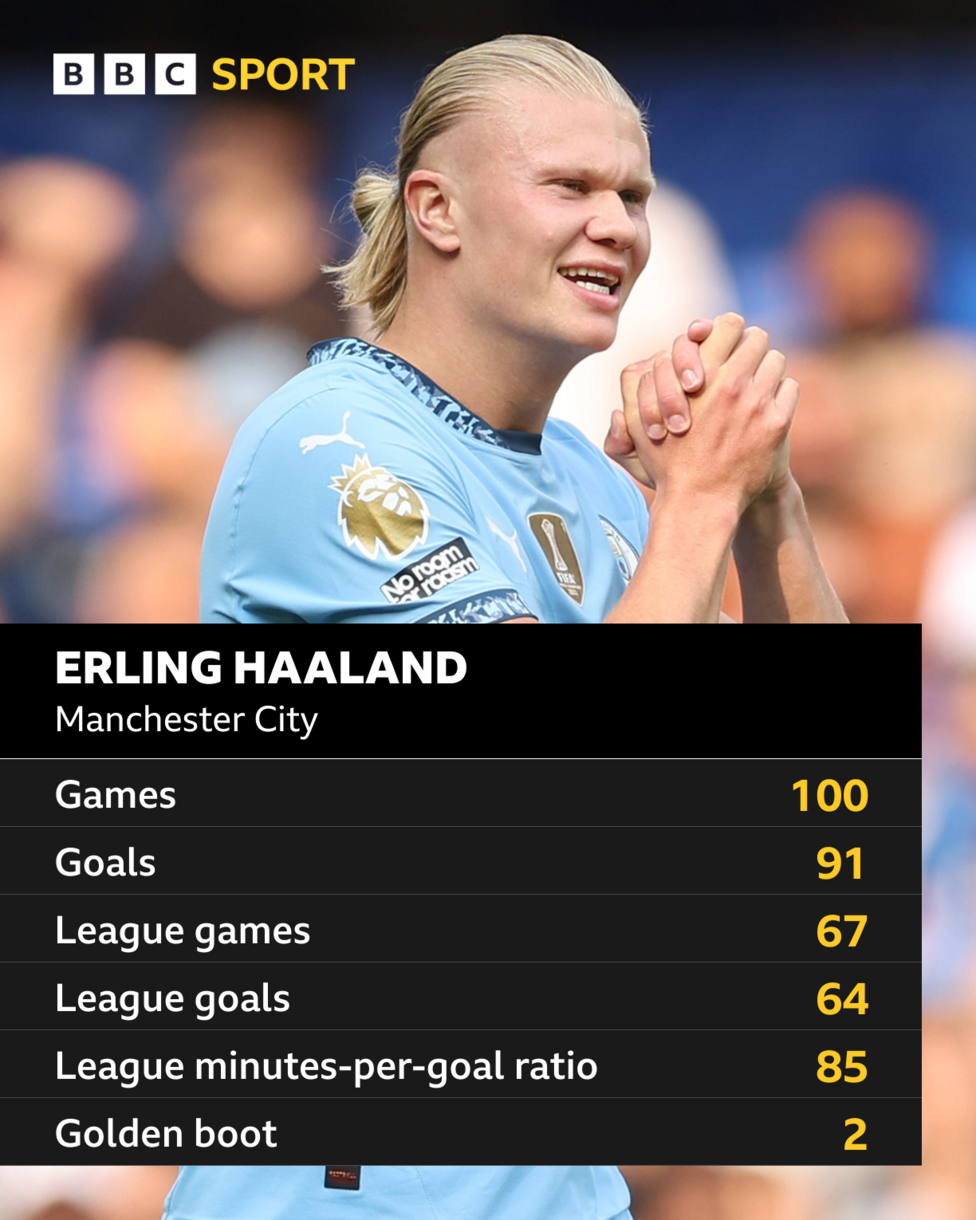
The Chess Masters of the Pitch: Predicting the Best Football Coaches of 2025
The beautiful game of football is a dynamic, ever-evolving spectacle, and nowhere is this evolution more evident than in the dugout. As we cast our gaze towards 2025, the landscape of elite football coaching promises to be a fascinating blend of established maestros continuing their reign, innovative tacticians challenging the status quo, and rising stars making their indelible mark. Predicting the "best" is always subjective, but by analyzing tactical acumen, man-management skills, adaptability, and consistency, we can identify the individuals most likely to define success in the coming years.
The year 2025 will see football further embrace advanced analytics, personalized player development, and a relentless physical intensity. Coaches will not merely be strategists; they will be psychologists, data scientists, and supreme communicators, navigating a world of ever-increasing pressure and scrutiny.
The Enduring Maestros: Still Setting the Standard
Even with new talents emerging, the sheer pedigree and proven track record of certain coaches suggest they will remain at the pinnacle of the sport in 2025.
Pep Guardiola (Manchester City/Future Endeavour): It’s hard to imagine a conversation about elite coaching without Pep Guardiola. By 2025, he will have cemented his legacy as one of the greatest of all time, potentially having led Manchester City to further domestic and European glory. His tactical ingenuity, obsession with positional play, and relentless pursuit of perfection are unparalleled. What makes Guardiola truly enduring is his capacity for constant evolution. He doesn’t just stick to a formula; he refines it, adapts it, and occasionally reinvents it. Whether he remains at City or embarks on a new challenge by 2025, his influence on tactical trends and his ability to construct dominant teams will ensure his place among the elite. His meticulous preparation, ability to extract the maximum from his players, and an almost clairvoyant understanding of space and movement will continue to yield results.
Carlo Ancelotti (Real Madrid/Future Endeavour): The "Don" of man-management, Carlo Ancelotti’s calm demeanor and unparalleled ability to handle star players will keep him highly relevant. By 2025, his record of Champions League titles will likely be unmatched. Ancelotti isn’t a coach known for revolutionary tactics, but rather for his pragmatism, flexibility, and a profound understanding of how to make a group of highly talented individuals function as a cohesive, winning unit. He instills confidence, fosters a positive dressing room atmosphere, and makes subtle tactical tweaks that often prove decisive. His adaptability across different leagues and cultures, coupled with his enduring success in knockout competitions, makes him a perennial contender for any "best coaches" list.
Jürgen Klopp (Future Endeavour): While Jürgen Klopp stepped down from Liverpool in 2024, his influence on modern football, particularly his "Gegenpressing" philosophy and emotional leadership, will continue to resonate deeply. By 2025, it’s highly plausible he will have returned to the dugout, perhaps with a national team or another top club, refreshed and re-energized. Klopp’s ability to forge an unbreakable bond with his players and fans, to instill a relentless winning mentality, and to develop relatively unheralded players into world-beaters, marks him as a truly special coach. His tactical blueprint, focused on high-intensity pressing, rapid transitions, and collective effort, will remain a potent force, and his return would undoubtedly shake up the footballing world.
The Ascendant Innovators: Shaping the Future
The next generation of coaches are not just replicating past successes; they are bringing fresh perspectives, leveraging data, and pushing tactical boundaries.
Xabi Alonso (Bayer Leverkusen/Future Endeavour): Arguably the most compelling candidate for a significant leap in stature by 2025 is Xabi Alonso. His remarkable transformation of Bayer Leverkusen into a genuine title contender, playing an attractive, fluid, and tactically intelligent brand of football, has turned heads across Europe. Alonso, having learned from Guardiola, Ancelotti, and Mourinho as a player, demonstrates a unique blend of tactical acumen, calm leadership, and an ability to implement complex systems effectively. His teams are defensively solid, yet devastating in attack, showing a sophisticated understanding of pressing traps, positional play, and fluid formations. By 2025, it is highly probable he will be managing one of Europe’s true giants, further cementing his place among the elite.
Roberto De Zerbi (Brighton & Hove Albion/Future Endeavour): De Zerbi’s "De Zerbi-ball" has captivated audiences and confounded opponents. His unique build-up play, often luring the opposition into high presses before exploiting the vacated space with incisive passing, is a testament to his innovative mind. While Brighton’s resources are modest, De Zerbi has consistently delivered overperformance, making his players not just tactically aware but brave and technically proficient under pressure. By 2025, a larger club with greater resources will undoubtedly have offered him a platform to apply his radical, attacking philosophy on a grander stage. His commitment to a distinct style, combined with a clear progression pathway for players, makes him a coach destined for the very top.
Julian Nagelsmann (Germany National Team/Future Endeavour): Despite his relative youth, Nagelsmann has already managed top clubs like RB Leipzig and Bayern Munich, and is currently at the helm of the German national team. His tactical flexibility, willingness to experiment with formations, and advanced use of data analytics mark him as a truly modern coach. Nagelsmann’s teams are typically high-intensity, fluid, and capable of adapting their approach to different opponents. By 2025, having gained more experience at the international level and potentially returning to club management, he will have further refined his methodologies, cementing his reputation as a tactical prodigy.
The Holistic Approach: Beyond the Touchline
In 2025, the best coaches will excel in multiple dimensions, not just tactical strategy:
- Man-Management and Psychology: The modern player is a brand, often with significant social media presence and commercial interests. Coaches must be adept at managing egos, fostering a strong team spirit, and providing psychological support. Ancelotti is a master of this, but increasingly, all top coaches must be. The ability to motivate, inspire, and resolve internal conflicts without public drama will be paramount.
- Data Analytics and Technology Integration: The days of purely relying on gut feeling are long gone. The best coaches in 2025 will seamlessly integrate vast amounts of data – on player performance, opposition analysis, training loads, and injury prevention – into their decision-making processes. They will work closely with data scientists, sports psychologists, and medical teams to optimize every aspect of player and team performance.
- Adaptability and Problem Solving: Football is inherently unpredictable. Injuries, red cards, unexpected tactical shifts from opponents, and fluctuating player form demand constant adaptation. The best coaches will not be rigid in their approach but will possess the agility to change formations mid-game, alter game plans, and find creative solutions under pressure.
- Squad Building and Youth Development: Working in tandem with sporting directors, coaches will play a crucial role in identifying transfer targets that fit their philosophy and the club’s long-term vision. Equally important is the ability to nurture young talent from the academy, providing them with pathways to the first team and integrating them successfully.
The Dark Horses and Emerging Talents
Beyond the household names, several other coaches possess the qualities to make a significant impact by 2025:
Arne Slot (Liverpool): Having taken over from Jürgen Klopp at Liverpool, Slot faces an immense challenge but also an incredible opportunity. His work at Feyenoord, delivering an Eredivisie title and playing an attractive, high-pressing brand of football, showcases his tactical intelligence and ability to improve players. If he successfully navigates the post-Klopp era at Anfield, his stock will skyrocket, placing him firmly among the elite.
Ruben Amorim (Sporting CP/Future Endeavour): Amorim has consistently impressed at Sporting CP, winning the Primeira Liga and building a tactically disciplined and exciting team. His preference for a 3-4-3 formation, combined with a strong defensive foundation and fluid attacking play, demonstrates a clear identity. A move to a bigger European league seems inevitable, and by 2025, he could be leading a major club.
Marcelo Gallardo (Future Endeavour): While primarily known for his phenomenal success with River Plate in South America, Gallardo’s intense, high-pressing, and tactically sophisticated style has long been admired. If he finally makes the leap to European club management, his proven track record of winning and developing players suggests he could quickly rise to prominence.
Conclusion: The Multifaceted Mastermind
The "best" football coach in 2025 will be a multifaceted mastermind. While tactical brilliance will always be the bedrock, it will be complemented by unparalleled man-management, a keen understanding of data, a relentless drive for innovation, and the emotional intelligence to connect with a diverse group of individuals.
The established giants like Guardiola and Ancelotti will likely continue to inspire awe with their enduring success and adaptability. However, the rise of coaches like Xabi Alonso and Roberto De Zerbi, who are bringing fresh, innovative tactical approaches and a modern understanding of player development, promises to redefine the pinnacle of coaching. By 2025, the most successful coaches will be those who not only win but also shape the very future of how football is played and managed. The game is always evolving, and the best coaches will be the ones who lead that evolution, turning the pitch into their grand strategic canvas.



